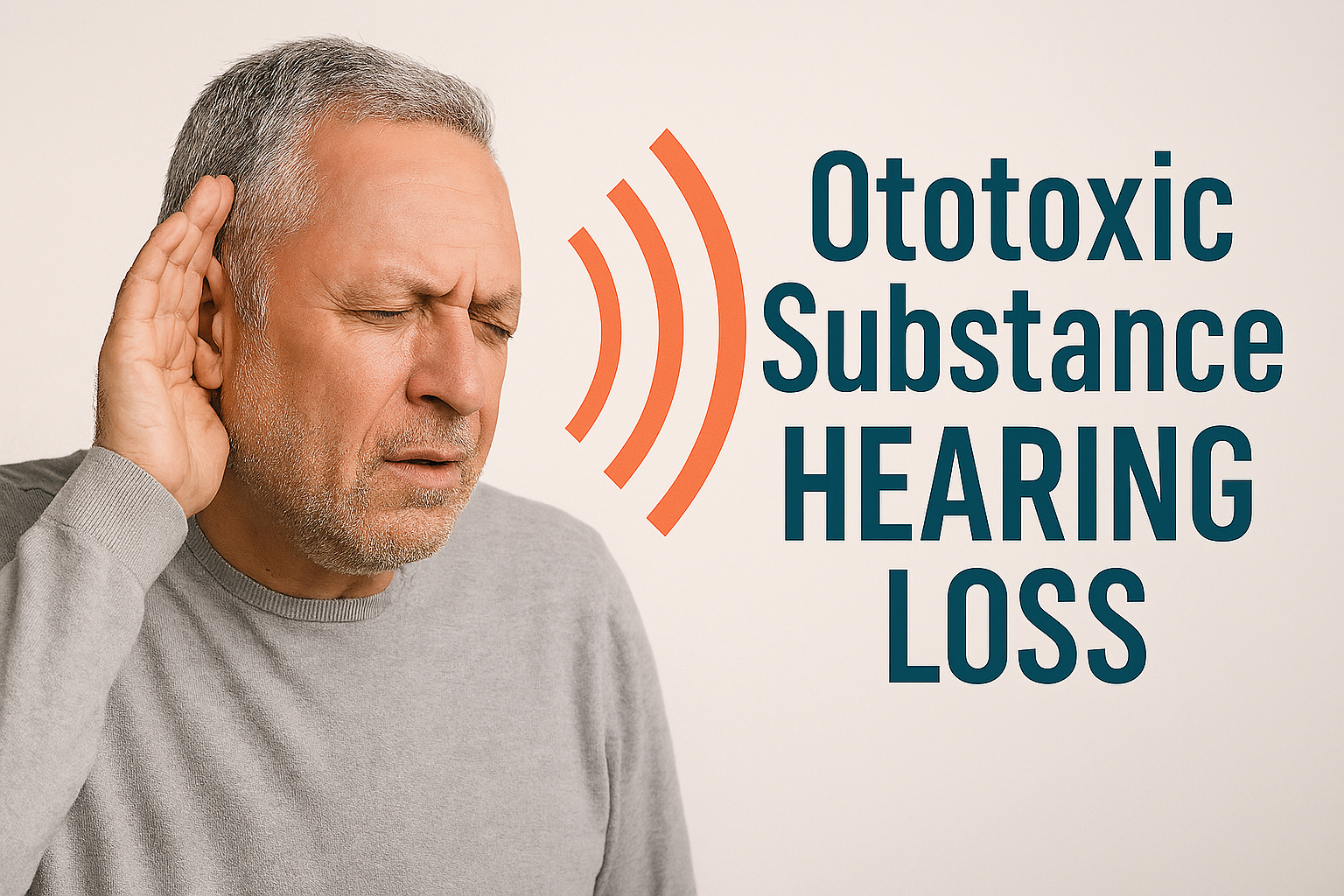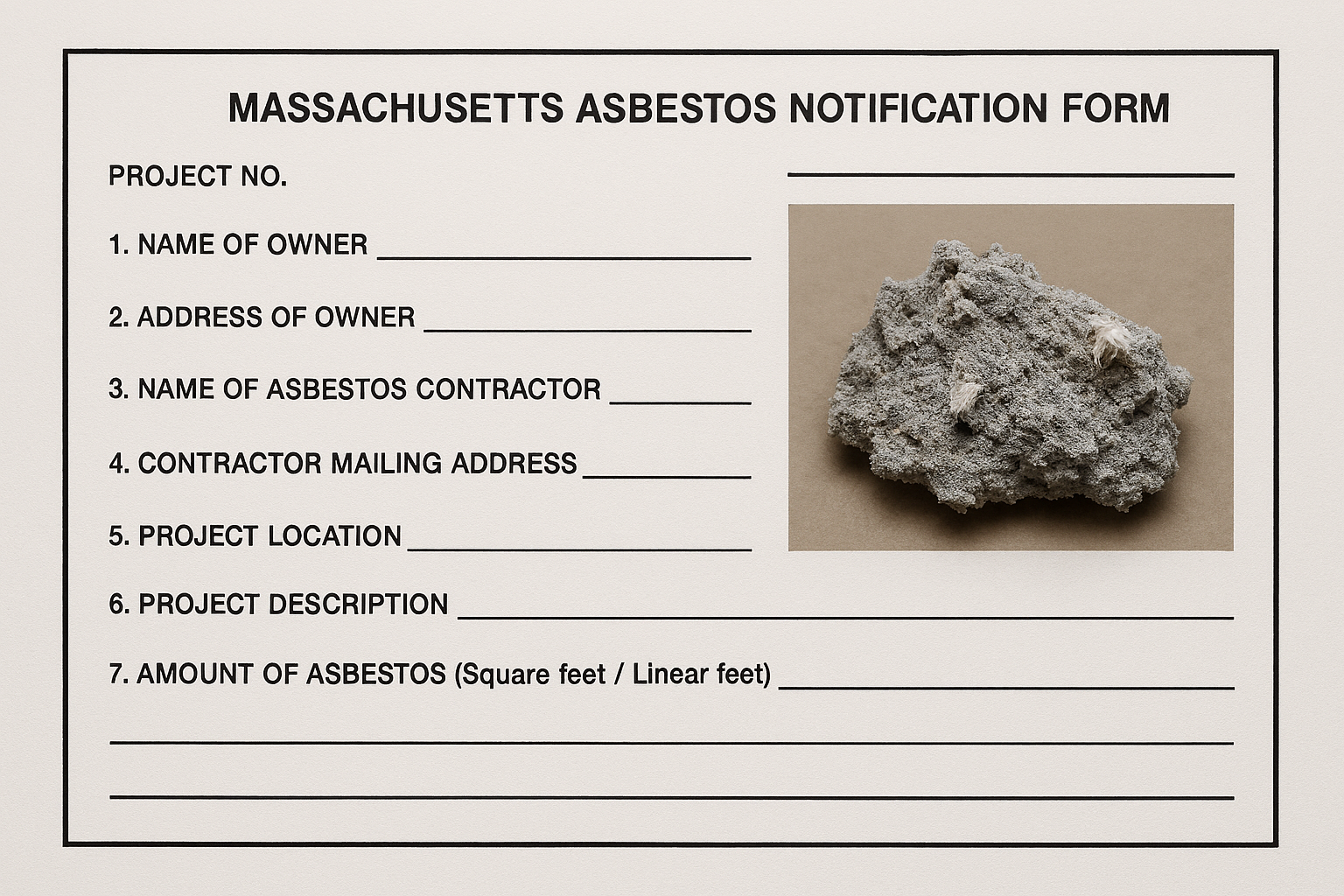When we think about hearing loss or tinnitus, we usually point fingers at aging, loud noises, or family history. But there’s another factor that often gets ignored: ototoxicity, which refers to damage in the inner ear caused by various substances. This risk comes from a range of sources, including prescription medications, over-the-counter (OTC) drugs, and some household or industrial chemicals. Unfortunately, these ototoxic agents often fly under the radar, making many people susceptible to chronic hearing issues.
In this blog, we’ll dive into the overlooked substances that can be harmful to your hearing, including medications, common household products, and workplace chemicals. Plus, I’ll share some practical tips to help reduce their impact on your hearing health.





